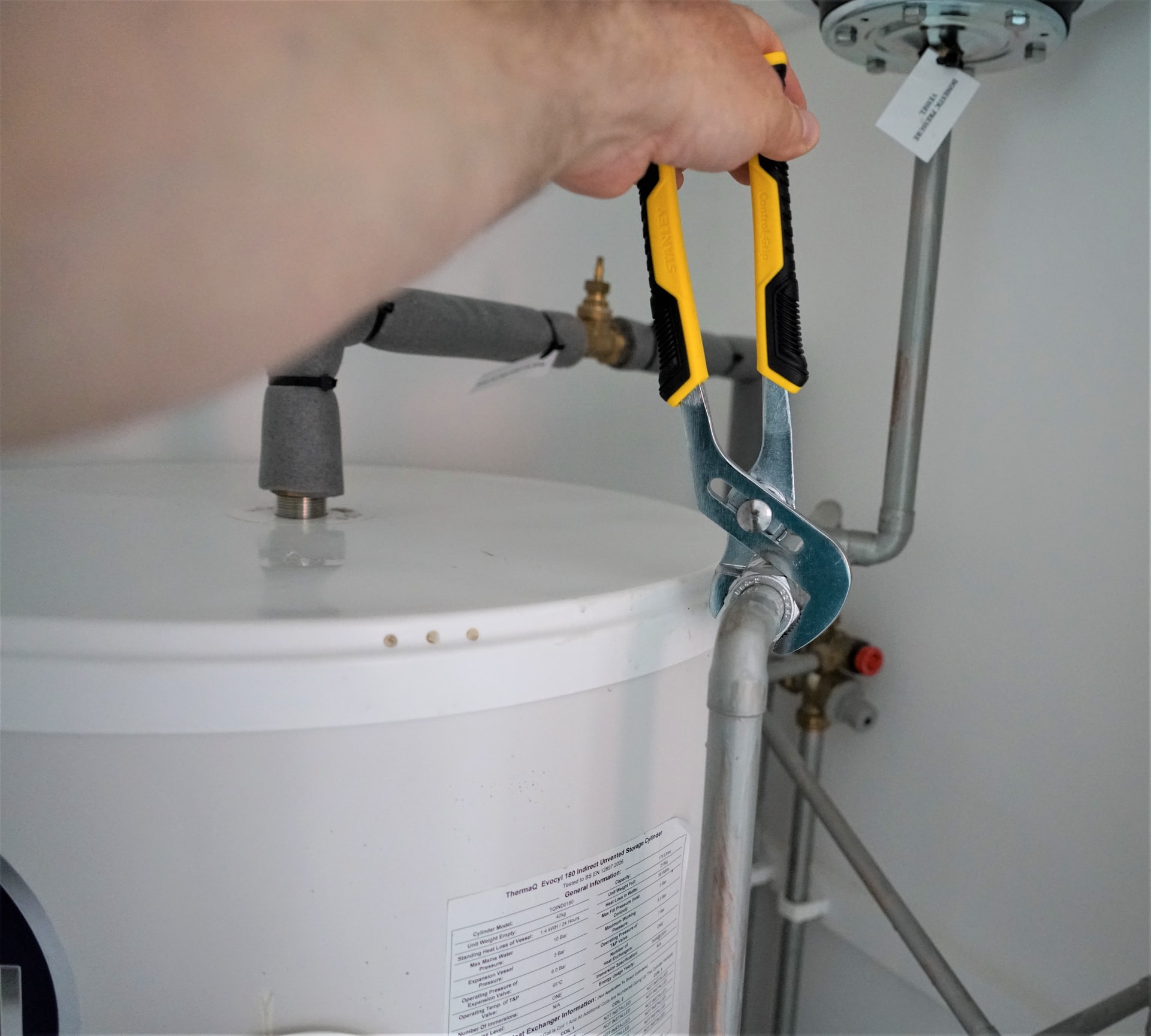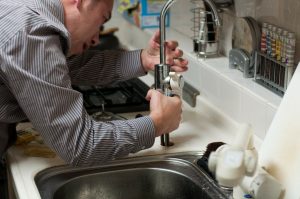According to a market research report, the plumbers in the US industry 2015-2021 grew 0.4%, so it’s great and excellent to listen which is a $105 billion industry.
For prospective plumbers are solid growth and exciting opportunities, and a career roadmap is more important.
So let see how long does it take to become a plumber.
Without hesitation, a plumber career is a great opportunity and it depends on what you want your career to look like.
There are a few options whichever you choose depends on your individual goals.
Stay with me and let’s explore together the details of how to become a plumber!
For your plumbing career, you have to finish trade schools and apprenticeships.
If you’ve earned a GED or completed high school you can enter a plumbing certification school: complete a plumbing apprenticeship or attend a plumbing trade school.
Plumbing training at a trade school typically takes about two years.
Depending on the program for apprenticeships can take two to five years.

Trade school includes the flexibility of where you work after training there are the benefits, as more control over your education as well.
Typically sponsored by a union or business is an apprenticeship.
You will have paid training opportunities while this route may provide less flexibility.
Learning how to become a plumber by either choice is an effective way.
The Average Salary of a Plumber
Depending on several factors the average salary of a plumber is typically determined by experience, education, and location.
Between one and three years is the typical tenure for a plumber.
- $25.29 per hour is the common salary in the U.S
- $7.25 to $54.24 per hour some salaries are
Get a High School Diploma or GED
If you are in high school and you working to obtain your diploma you are eligible to pursue a career in plumbing.
Those who haven’t received a diploma may also earn a GED.
Plumbers must have a strong foundation in a variety of subjects such as science, technology, computers, and math.
Consider taking these classes to increase your knowledge.
Vocational Training For Plumbing

For a plumbing career, you must complete highly specified vocational training, while a college education is not required.
You must enroll in an accredited technical college or trades school, so that can offer plumbing vocational classes where every all can become certified on drainage systems, and water and how to use piping equipment.
Plumbing Apprenticeship
When you have completed vocational training, you will need to complete a plumbing apprenticeship.
Most of the apprenticeship requires you to complete a certain number of classroom hours before you can be accepted.
However, depending on the apprenticeship the number of hours varies.
You will receive on-the-job training and learn about plumbing codes, and plumbing procedures, and specialized skills this you will receive during a plumbing apprenticeship.
Journeyman Plumber Status
You will need industry experience on top of your education to become a journeyman plumber.
Many locations require an average of five years’ experience but requirements for experience vary by state.
For you to sit the plumbing certification test you must acquire this experience.
For the journeyman licensing exam many apprenticeships adequately prepare students.

Throughout their plumbing careers, some people continue to work at this level, some people choose to advance to a master plumber.
So how long does it take to become a plumber?
How advanced you want to go depends on you.
If you want to stay at the journeyman level you must complete continuing education, which depends on, and that depends on what is your state.
Master Plumber Status
To become a master plumber is different in every state, in contrast to a journeyman plumber.
As a journeyman, many states require at least two years of work experience.
In others, some require up to ten years.
Master plumber’s status gains you more opportunities and lucrative plumbing career, like maintaining your liability insurance you may also give increased responsibilities.
To perform plumbing work in your locality it’s essential to become familiar with licensing requirements, that is because every state is different.
So how do you think how long will take to become a plumber at this level?
Within five years you can be a fully licensed plumber.






